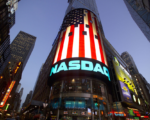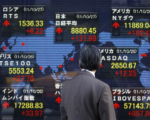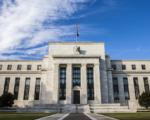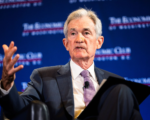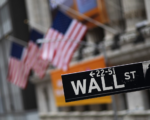Hong Kong Stocks Fall as Investors Digest China Economic Data, Await Fed Rate Verdict
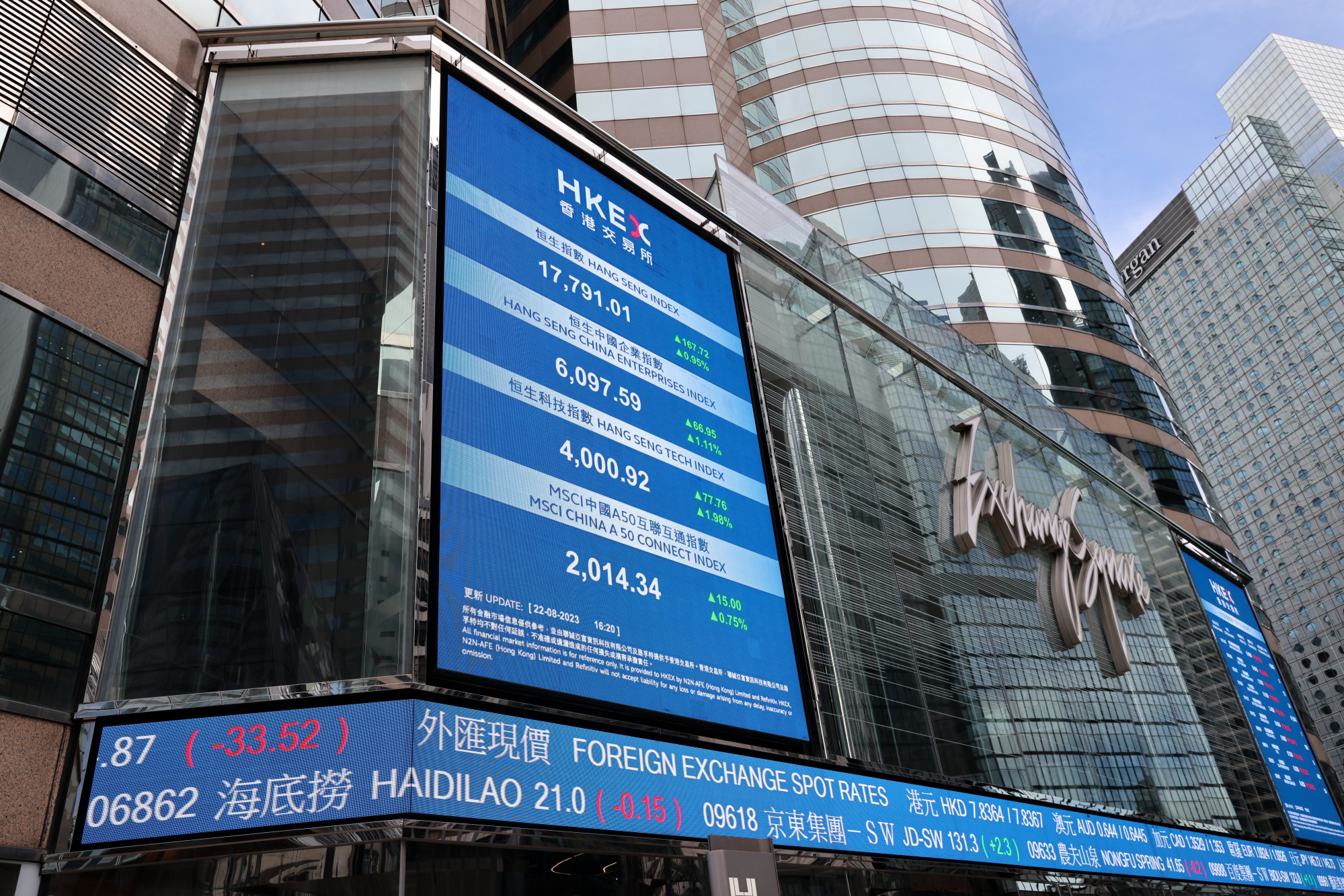
Asian markets opened mixed on Monday, with Hong Kong stocks dipping as investors absorbed disappointing economic data from China and looked ahead to the U.S. Federal Reserve’s policy meeting later in the week. The Hang Seng Index dropped by 0.76% following the release of China’s August economic figures, which fell short of expectations in factory output, retail sales, and investment. The urban unemployment rate hit a six-month high, while year-on-year home prices experienced their steepest decline in nine years.
Investor focus is now shifting toward the Federal Reserve’s meeting on Tuesday and Wednesday, where the central bank is expected to discuss a possible interest rate cut, the first since 2020. In contrast, Australia’s S&P/ASX 200 saw a 0.44% rise at market open, while Taiwan’s Weighted Index edged up slightly. However, several key markets, including those in mainland China, South Korea, and Japan, were closed for holidays, including the Mid-Autumn Festival and Japan’s Respect for the Aged Day.
Further complicating the Asian markets, Typhoon Bebinca has resulted in the cancellation of hundreds of flights across China, with Shanghai bracing for the strongest storm since 1949. As investors monitor the approaching storm, attention is also focused on upcoming economic data and central bank decisions from the region.
Japan’s inflation data, expected to show a rise for August, is likely to support the Bank of Japan’s hawkish stance. The central bank is projected to hold interest rates steady during its policy meeting on Friday, but could signal potential rate hikes ahead. The Japanese yen strengthened Monday morning, trading at 140.49 against the U.S. dollar, positioning the currency to close at its strongest level in over a year.
Meanwhile, China is set to adjust its one- and five-year loan prime rates on Friday. The one-year loan rate, which influences most new and existing loans, currently stands at 3.35%, while the five-year rate, which affects mortgage pricing, is at 3.85%.
In the U.S., after a slow start to September—a historically weak month for the markets—the three major indexes ended last week on a positive note. The S&P 500 gained 0.54%, closing at 5,626.02, while the tech-heavy Nasdaq Composite advanced 0.65% to 17,683.98. The Dow Jones Industrial Average jumped 0.72%, finishing at 41,393.78. Futures tied to the Dow Jones, S&P 500, and Nasdaq 100 showed little movement, with investors awaiting the Fed’s upcoming decisions.






